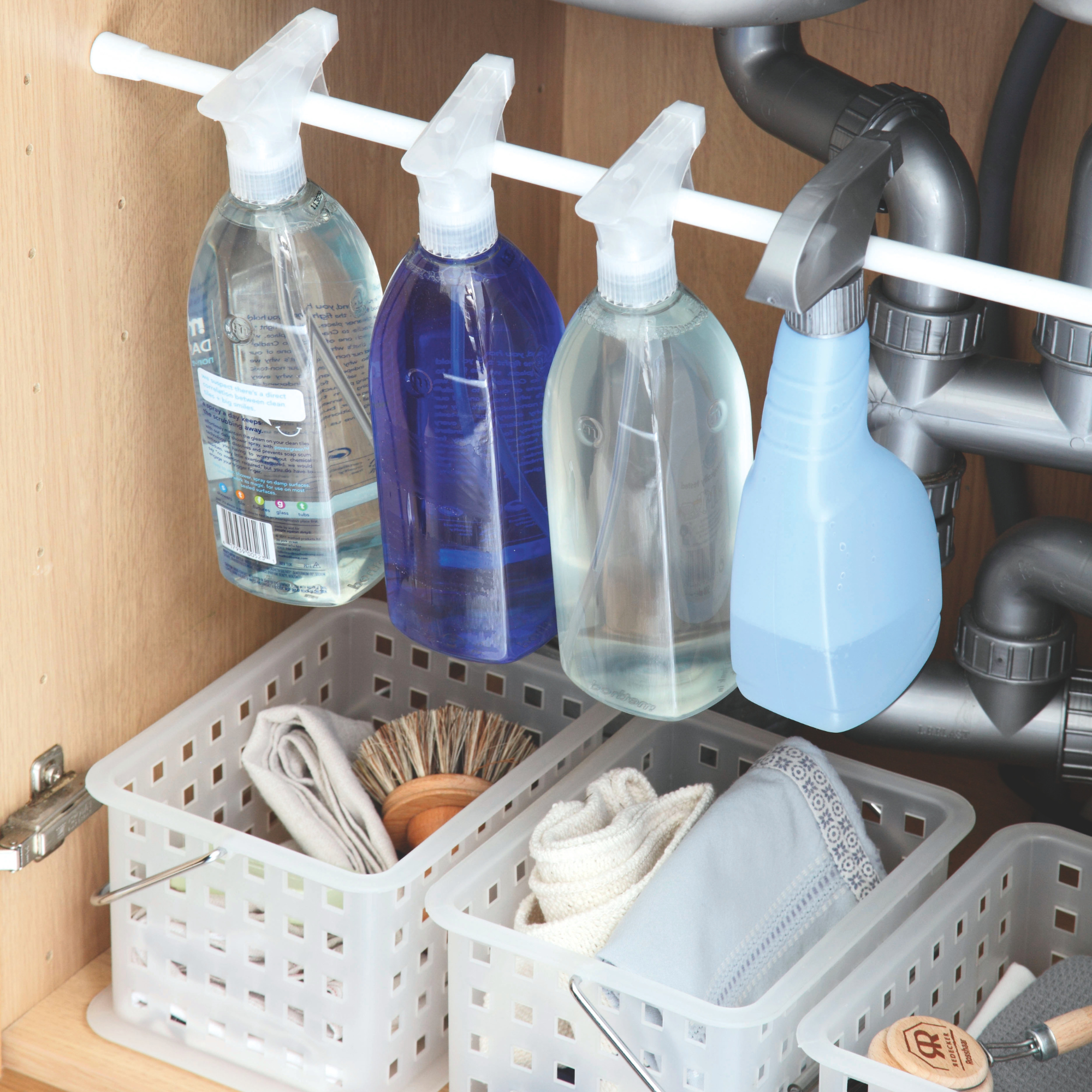
Here at Ideal Home, we’re always looking for cheap and effective ways to clean our home - and this £5 product can help clean a multitude of sins.
We all want to clean our homes fast, and part of achieving this is having the right cleaning equipment in your cupboard. Vinegar and baking soda are both popular choices alongside the best cleaning products - but have you considered using rubbing alcohol?
Rubbing alcohol, also known as surgical spirit, is a powerful cleaning agent and disinfectant which is great for removing sticky residue and even polishing glass and steel. However, rubbing alcohol is a strong chemical so it is best used with caution - this is everything you can clean with rubbing alcohol
What can I clean with rubbing alcohol?

Rubbing alcohol can be picked up for as little as £5.80 on Amazon and is an effective cleaner as: 'Its a powerful solvent. Rubbing Alcohol (surgical spirit) is mostly made of isopropyl alcohol, a solvent that dissolves oils, grease and grime. This means it will break down and lift stubborn residues, like adhesives or ink, from surfaces,’ says Catherine Green, sustainable cleaning expert at smol
‘It’s antimicrobial… i.e. It kills bacteria, viruses and fungi making it an effective disinfectant for hard non-porous surfaces. This is why it's widely used in medical and hygiene applications.’
‘It evaporates quickly leaving surfaces clean and streak-free. This is especially useful for cleaning glass, mirrors and electronics, where moisture can be problematic.
‘It’s an effective degreaser - cutting through greasy and oily substances effectively, making it ideal for kitchen appliances or other greasy areas.’
1. Disinfecting surfaces
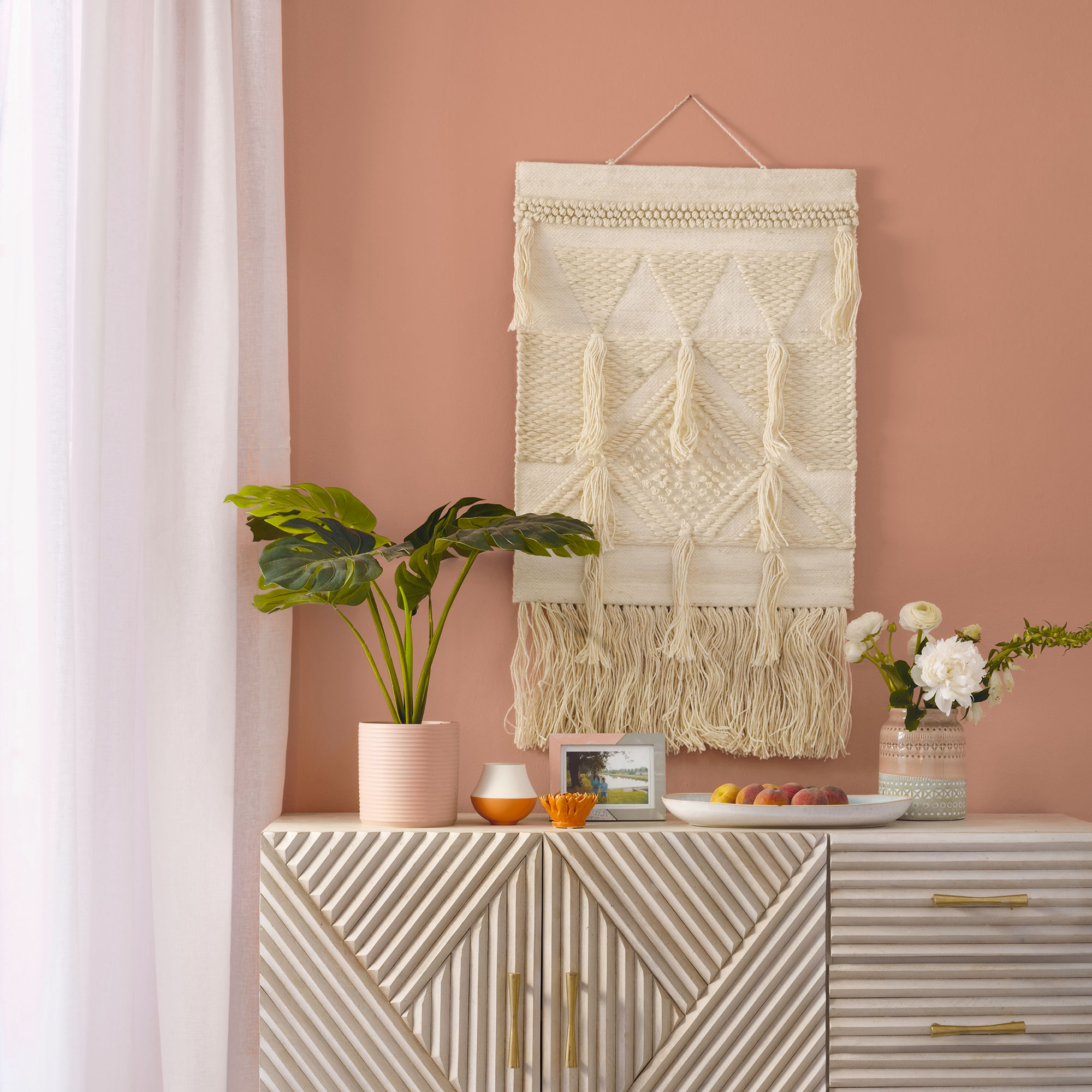
Rubbing alcohol can make an effective disinfectant as: 'It's excellent for killing germs on hard, non-porous surfaces, door handles and light switches,' says Catherine.
To create your own surface spray, mix equal parts rubbing alcohol with water. You could even add a few drops of your favourite essential oil to make it smell divine.
2. Cleaning your electronics
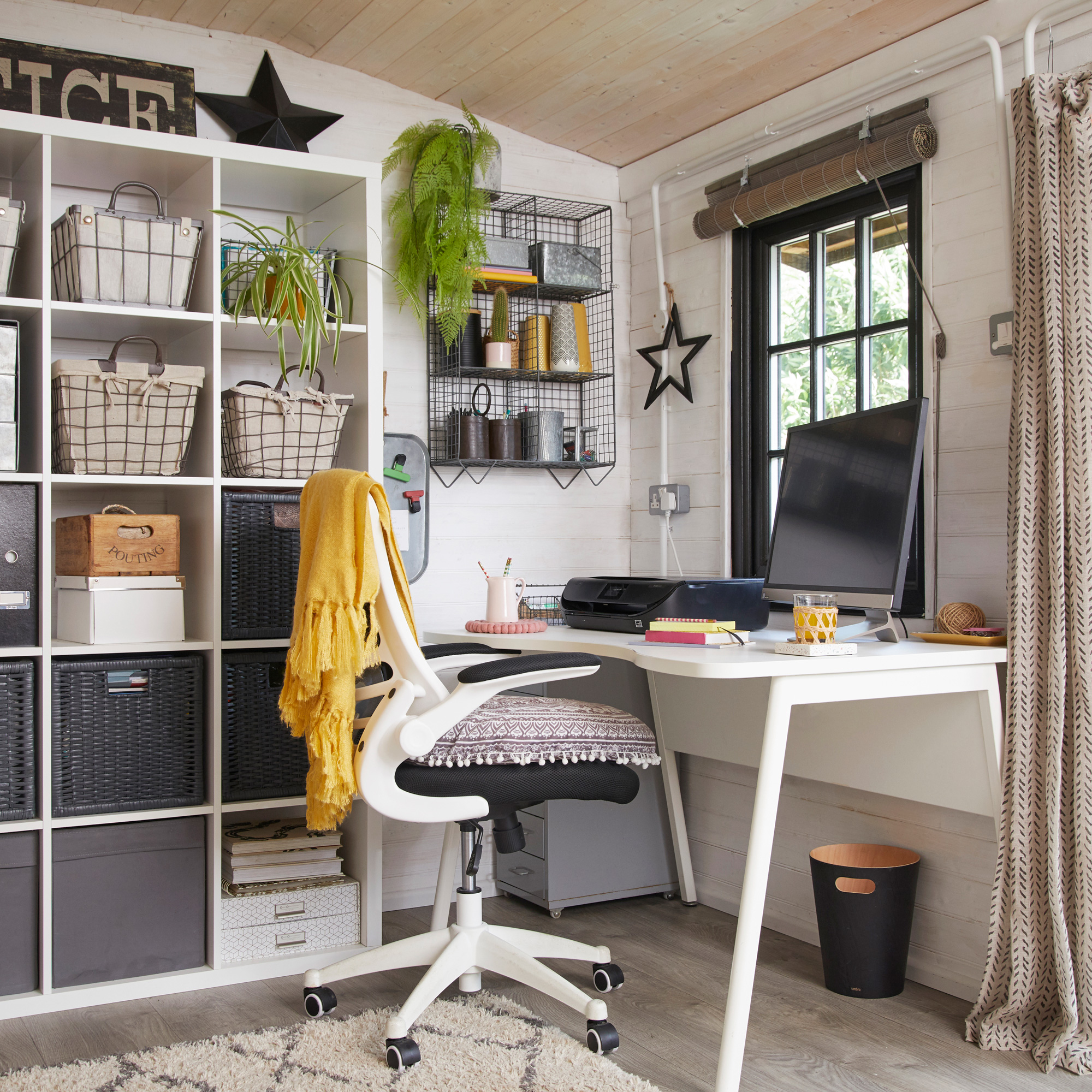
If you've got a home office, then you'll have plenty of electronics that can do with a wipe down every now and then. Computers are a nightmare for gathering dust, but using a 70% rubbing alcohol and a soft cloth (such as a microfibre cleaning cloth, £4.99 on Amazon), you can easily wipe dust away from your electronics.
'Use it sparingly to clean screens and keyboards, but ensure it's diluted (70% isopropyl alcohol is common) and applied with a soft cloth. It should evaporate without leaving any residue behind which is great for cleaning a screen,' Catherine advises.
3. Cleaning glass

Rubbing alcohol: 'Evaporates quickly leaving surfaces clean and streak-free. This is especially useful for cleaning glass, mirrors and electronics, where moisture can be problematic,' says Cathrerine.
Rubbing alcohol can give mirrors and glass an added sheen, making those surfaces look extra shiny.
4. Removing sticky residue
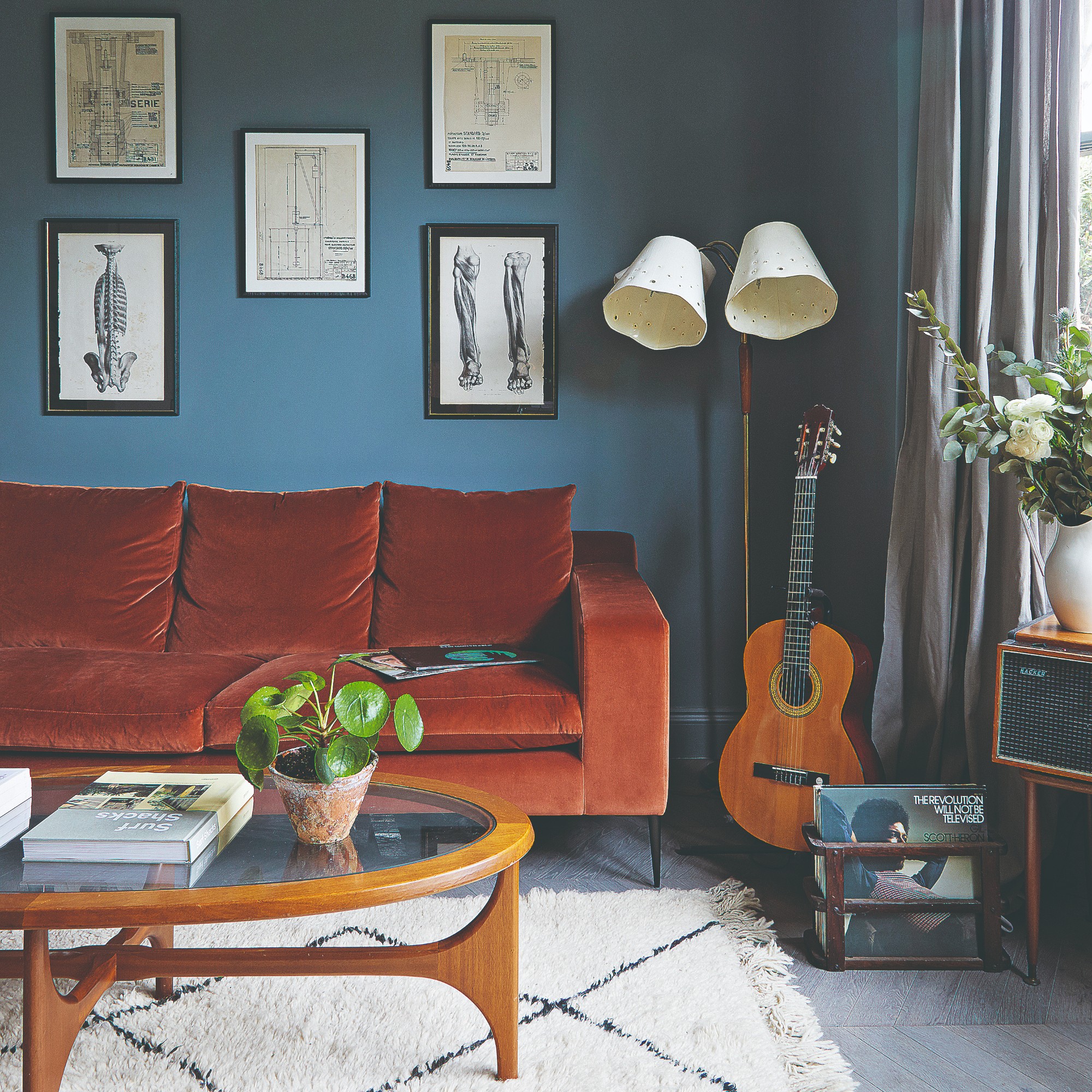
Rubbing alchol is also effective at removing sticky residue such as labels or tape because it acts as a solvent. This means it's able to break down the adhesive molecules in the glue/ adhesive. Because rubbing alcohol evaporates so quickly, it dries fast, leaving no residue.
5. Polish stainless steel
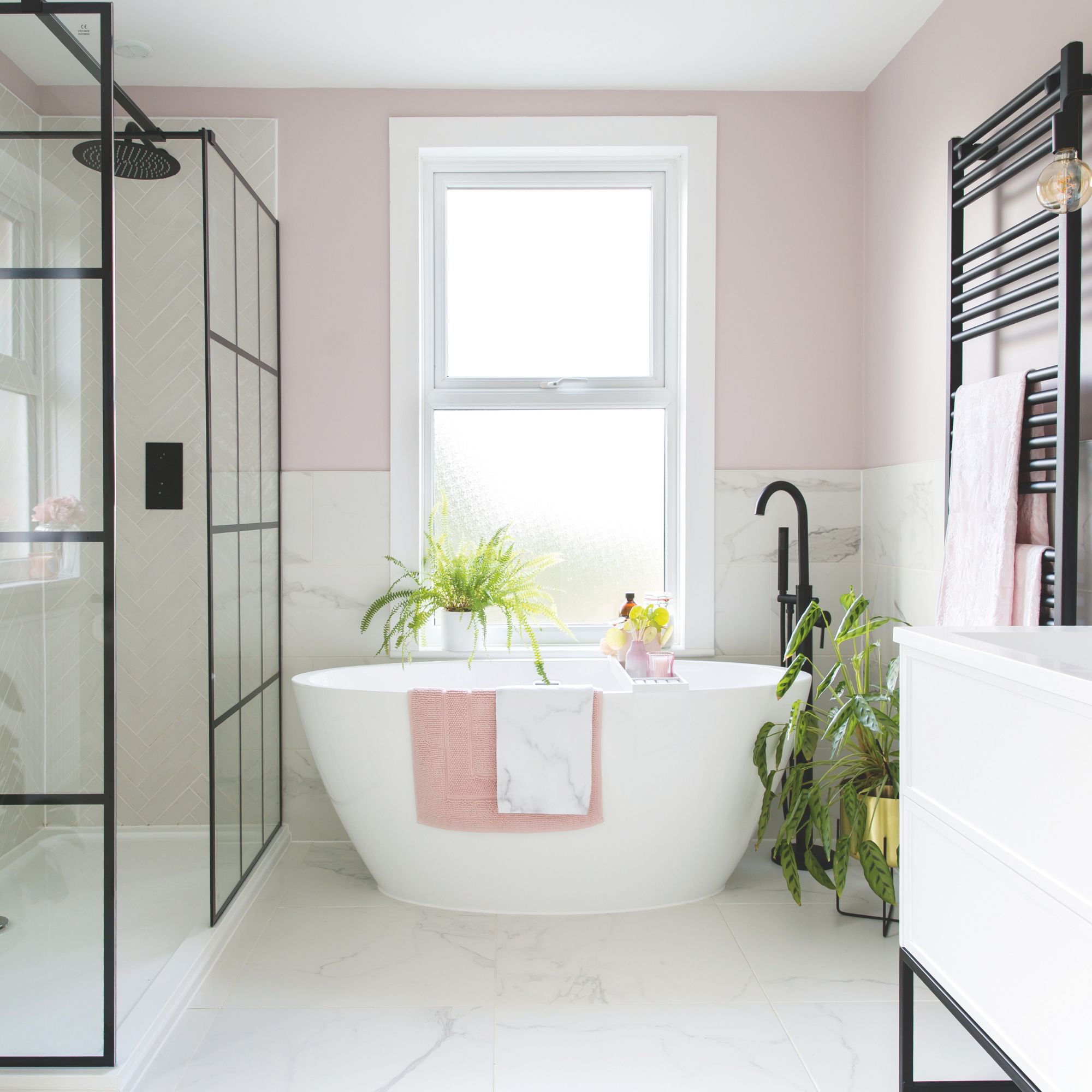
Rubbing alcohol can remove fingerprints or smuges from your metal hardware, making it an effective tool for polishing. It has the abilty to lift grease and grime, leaving you hardware smooth and shiny.
As a disinfectant too, this makes rubbing alcohol a great choice for cleaning your bathroom hardware and it will kill bacteria, too.
When to avoid using rubbing alcohol
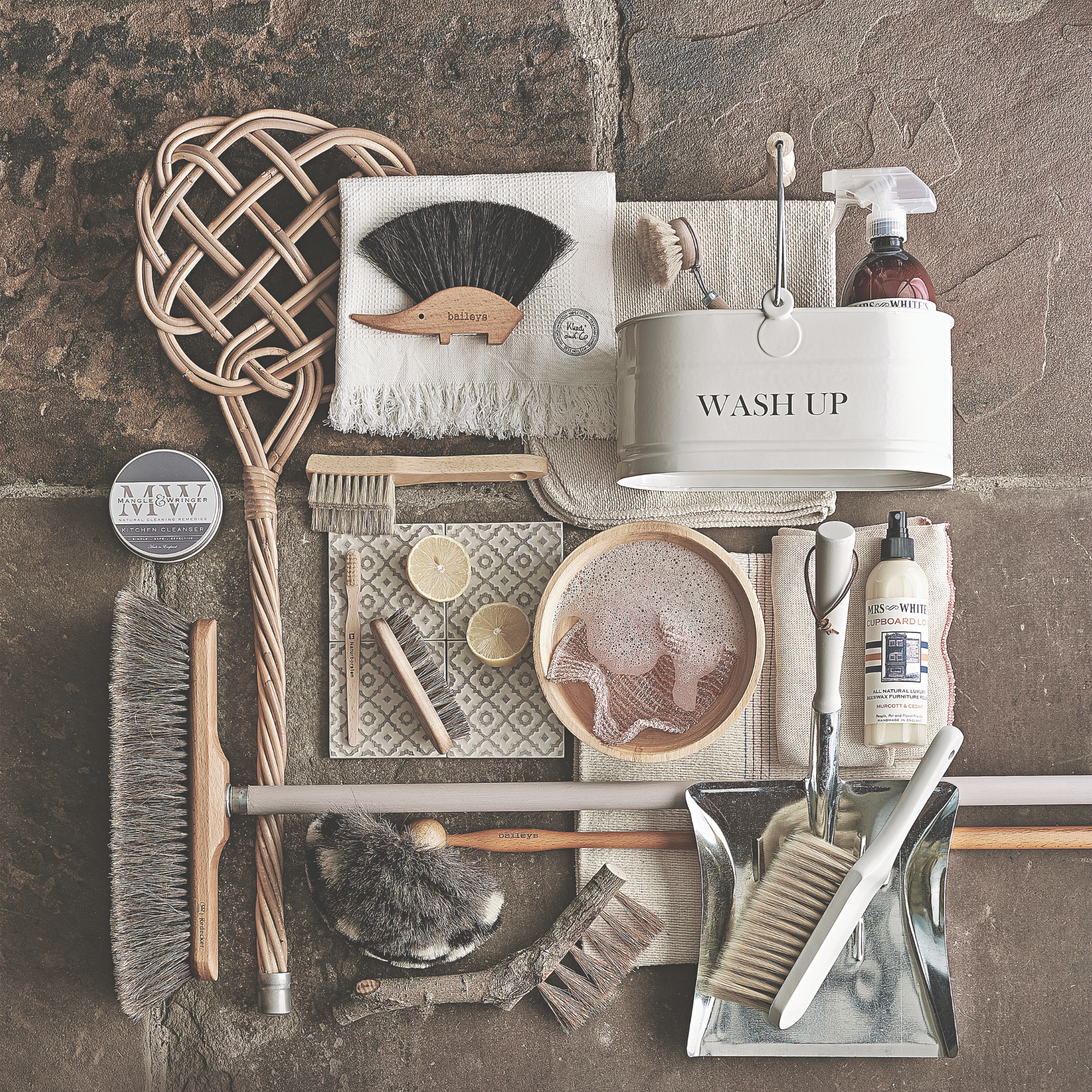
Despite all the benefits of using rubbing alcohol to clean, you should never use it to clean your kitchen.
‘Firstly, isopropyl alcohol is not a food-safe cleaner, which means you should be careful to avoid contact with food preparation surfaces like chopping boards, utensils, and more to prevent contaminating food where you might ingest harmful chemicals,’ says Rachael Kiss kitchen expert at Alliance Online.
‘Rubbing alcohol is also a highly flammable liquid, which makes it particularly unsafe to use around your oven and hob. While it may have antibacterial properties, it does not effectively remove grease and grime like most kitchen cleaners do. Always be cautious when using rubbing alcohol on your kitchen countertops, as it can react with varnished or lacquered surfaces, potentially resulting in costly repairs.
‘Lastly, never combine rubbing alcohol with bleach in your cleaning routine, as this produces chlorine gas, which can cause damage to your eyes, lungs, and even liver. If in doubt, stick with a purpose-made kitchen cleaner that is food-safe and designed for food preparation areas.’
Rubbing alcohol can be a handy tool to add to your cleaning arsenal - provided you use it safely and as intended.







